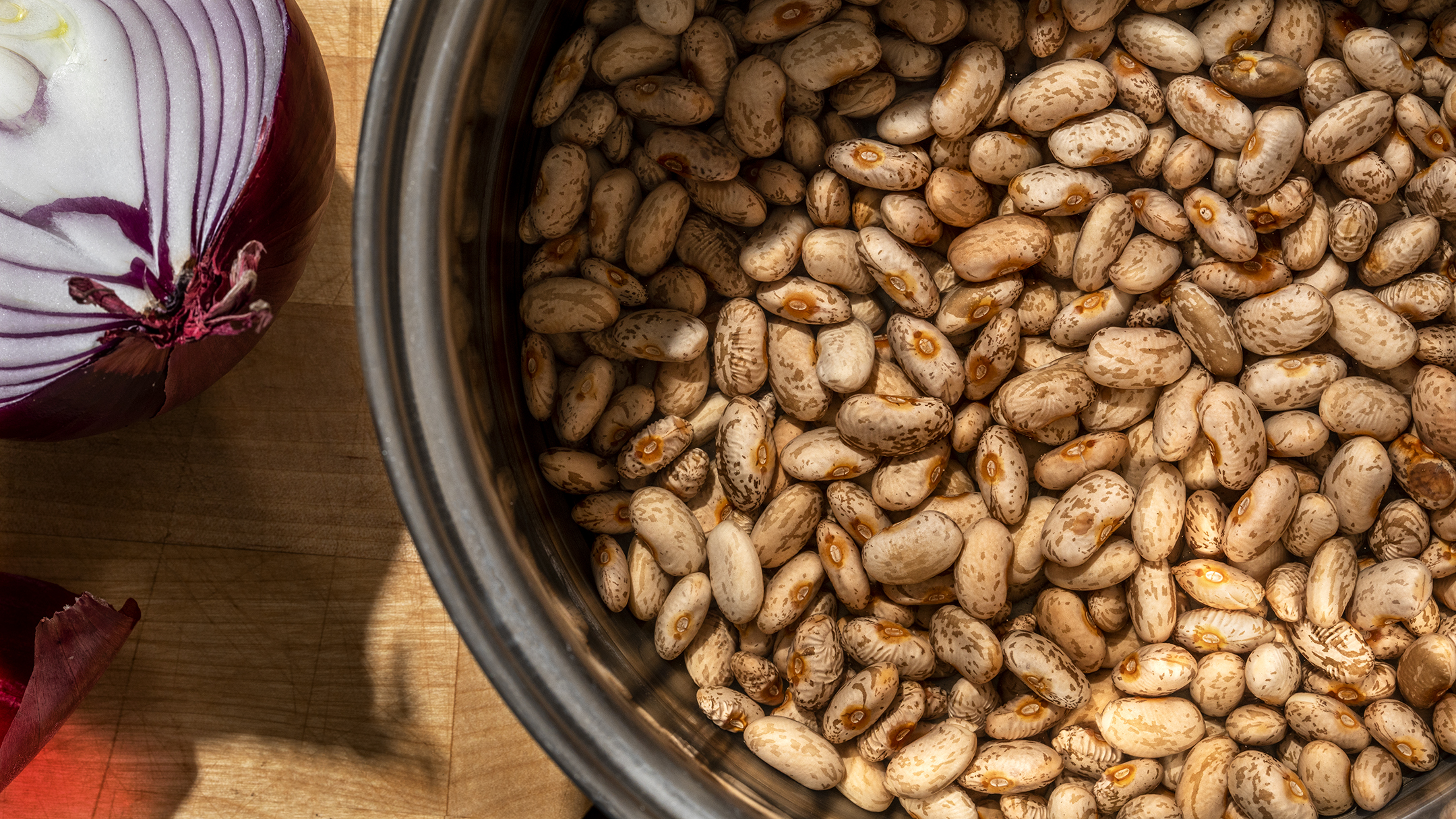Are you getting enough Protein?

Why Protein is Essential and How Much You Really Need.
Protein plays an essential role in nearly every function of the human body. Whether you are looking to build muscle, support weight loss, or maintain overall health, getting the right amount of protein is key. The contribution of protein is complex, intake recommendations vary, and GLP-1 users may require higher amounts of this vital nutrient. Often overlooked is the role of protein in blood sugar regulation.
Why Is Protein Important?
Every cell in your body contains protein, and it plays a variety of roles, including:
1. Muscle Growth and Maintenance – Protein helps repair and build muscle tissue. As we age we lose 3–8% of muscle mass per decade after the age of 30 and this rate of decline is even higher after the age of 60.
2. Enzyme and Hormone Production – Many enzymes and hormones, including insulin and glucagon, are protein-based and help regulate metabolism and other vital processes.
3. Immune Function – Antibodies, which help the body fight infections, are made of protein.
4. Satiety and Weight Management – Protein is highly satiating, allowing you to feel fuller for longer, reducing overall calorie intake and aiding in weight loss.
5. Cell Repair and Recovery – Protein is essential for wound healing, including recovery from surgeries and injuries.
How Much Protein Do You Need?
The Recommended Dietary Allowance (RDA) for protein is 0.8 grams per kilogram of body weight per day for the average adult. However, this is considered the minimum to prevent deficiency—not necessarily the optimal amount for health and performance. Newer guidelines suggest 1.2-2.0 g/kg for athletes and very active individuals, and 1.2-1.5 g/kg per day for older adults (50 years +) to prevent sarcopenia or muscle wasting.
Specific Needs for GLP-1 Users:
Medications to regulate appetite and blood sugar and promote weight loss include GLP-1 receptor agonists like Ozempic, Wegovy, or Mounjaro. While the effects of these medications contribute to weight loss, they are also associated with loss of muscle mass if protein intake is inadequate. For individuals using GLP-1 receptor agonists for weight management or diabetes, protein intake becomes even more important. Recent recommendations suggest a daily intake of 1.0–1.2 grams of protein per kilogram of body weight for these individuals to help preserve muscle mass and optimize metabolic health.
Protein and Blood Sugar
One of the most overlooked aspects of blood sugar regulation is the role of protein. I call protein the ‘great equalizer’ due to its ability to modulate blood sugar. Protein in our meals helps offset fuel we might otherwise consume as carbohydrates. While we need carbohydrate, it should be balanced with our protein consumption. Protein lengthens the blood sugar curve. About half of the protein we eat is used as fuel. The fuel from protein enters our bloodstream later than the fuel from carbohydrates, thus extending our access to fuel and energy. At the same time, protein prevents our blood sugar from rising too high, so we get a nice balanced blood sugar curve instead of a blood sugar spike. Fiber and fat also help balance blood sugar making a balanced meal essential for good metabolic health.
Best Protein Sources
Getting enough protein is easier than you might think. Both animal and plant-based sources can help you meet your daily protein needs.
• Animal-Based: Wild caught fish, pasture raised eggs, yogurt, cottage cheese, pasture raised poultry and lean beef
• Plant-Based: Lentils, beans, tofu, tempeh, quinoa, nuts, and seeds
• Protein Supplements: Whey protein, collagen peptides, and plant-based protein powders can be useful for those struggling to meet protein goals
Getting Protein at The Ranch
1. We start the day with a high-protein breakfast with eggs, legumes, and yogurt
2. Lean protein is incorporated into lunch and dinner in multiple ways
•.Nuts, seeds, or beans in salads and offered as side options
• Legumes in soups and main dishes
• Seafood entrees and sides
3. Protein shakes from the Juice Bar can enhance protein intake
4. Use of legumes in our afternoon snacks like guacamole and bean dips
Protein is a fundamental nutrient that supports muscle health, metabolism, and overall well-being. While general guidelines suggest 0.8 g/kg per day, those using GLP-1 medications for weight management do well to aim higher for protein intake to help preserve lean mass and support metabolic health. By incorporating high-quality protein sources into your diet and planning meals strategically, you can ensure your body gets the nutrition it needs to thrive.
Volpi E, Nazemi R, Fujita S. Muscle tissue changes with aging. Curr Opin Clin Nutr Metab Care. 2004;7(4):405-410. doi:10.1097/01.mco.0000134362.76653.b2 Leidy HJ. Increased dietary protein as a dietary strategy to prevent and/or treat obesity. Mo Med. 2014;111(1):54-58.


